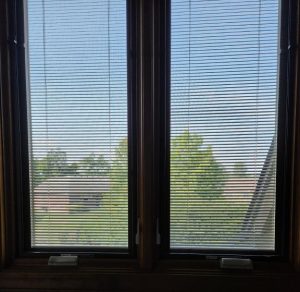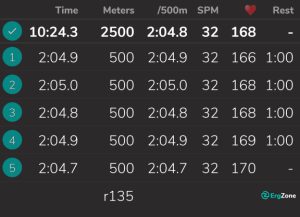Following up on last month’s post about sweaty hands while rowing, which stressed me out when I couldn’t hold the oars properly in a 5K race in early October, I had the same problem rowing at the Head of the Charles two weeks later. I drank plenty of electrolyte mix before racing, but I wasn’t as well rested as I should have been, and I drank too much coffee that morning. That got me wondering if I might do better if I abstained from coffee for a while.
So, I gave up caffeinated coffee and tea for three weeks, drinking only decaf until the end of the fall rowing season. That didn’t make the problem go away, either. It just made me feel cranky. I had been cheerful and optimistic when the season started, but by November I felt lost without a clue, wandering aimlessly.
Last week, after my final race of the year, I went back to drinking coffee—just one cup—each morning. As far as I can tell, a small amount of coffee doesn’t make me sweat more on the rowing machine. Even if it did, that wouldn’t matter anyway because holding the machine’s handle is a much simpler motion than sculling. My hands won’t be a concern in the spring either; for Masters rowers, the spring races are 1K sprints, which take about four minutes, so they’re already over before I’ve had time to build up much of a sweat.
Hopefully, by next fall the problem will have gone away. Until then, I am just going to enjoy my coffee and not worry about what might—or might not—happen many months in the future.









